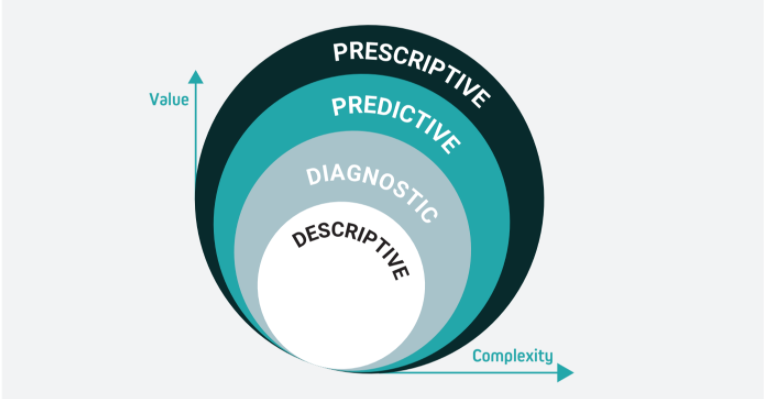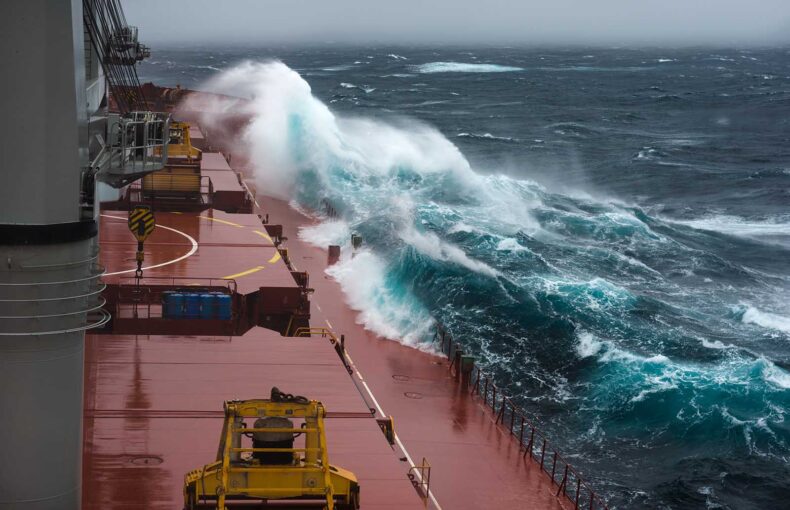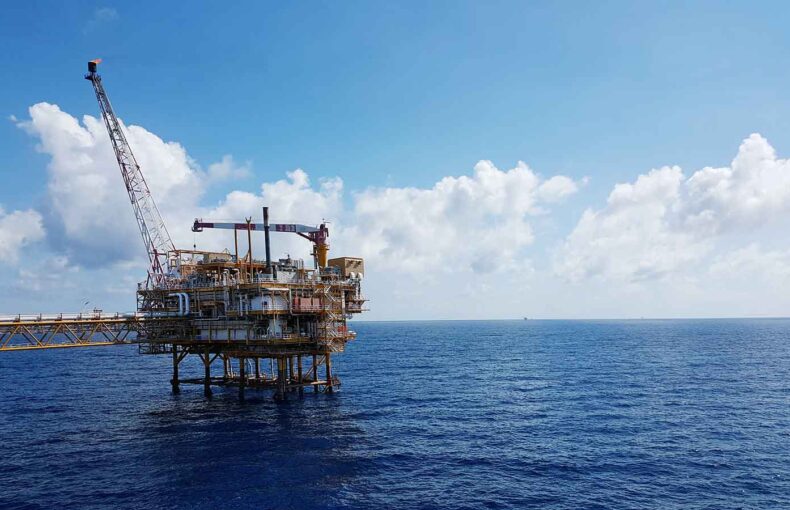Maritime data: Why it’s vital to set a goal when working with data
When embarking into the ‘data economy’, not setting the right goals may mean that you find yourself in a data swamp.” Simon van den Dries, our GM, explains why goal setting is the secret sauce to succeeding with data.
Tracking vessels, making dashboards, and analyzing tables are all important, right? Wrong.
Not tracking vessels, but reducing fuel costs, lowering CO2 emissions, reducing maintenance, and shortening decision time is what the purpose of data is all about.
Set your Goal
More often than not, organizations fail to set their goals and underestimate the importance of setting goals.
When embarking on the new “data economy” journey, not setting the right goals may mean that you find yourself in a data swamp, instead of the desired improved outcome.
At Spire, we believe it is important that our clients set their goals when using Spire data; activate the data and let the data do its work and hence work towards the desired goal and its advantage. These goals and outcomes are evidenced in our library of customer case studies.
Setting your goal is the first step towards a better future. Too often goals are blurred, or worse: not defined at all.
Activate your data
Once you have set your goals, let the data do its work. Define the metrics to monitor and start correlating data sets.
For example: if your overall goal is to reduce CO2 emissions on a vessel, we can easily define 5 data metrics: mileage, fuel, wind, draught, and type of vessel. By co-relating these datasets and analyzing history, prediction, and correlating this with the desired outcome, you will learn new outcomes that you can implement in your organization.

Download our new e-book to find out how Maritime data reduces costs and builds transparency.
At first, data will help you to describe what is going on. Second, it can help you diagnose and find the answer to the why. For example: why is this particular vessel so late? Hence you will start to predict certain outcomes under certain variables to finally prescribe how to set the most optimal route. In short: data will help you to: describe, diagnose, predict, and prescribe the reality around you.
Weather data is a great example of a hidden treasure. It is interesting to follow temperatures, but ask yourself: what is your goal? And how does temperature, wave heights, or currents relate to my desired outcome?
Every row of data contributes towards your goal.
In the 21st century, organizations need to treat data as an asset and manage it accordingly. Let the data work for you and trust and rely on it.
Enable the advantage
If we fail to state a clear goal, co-workers cannot collaborate, actions are not aligned, and we don’t know if we’ve reached the goal. In short, havoc looms.
Spire data can help manage maritime and aviation assets, cargo, and anything that will be affected by weather, enabling the data advantage.
And as we say at Spire: make audacious goals; show a willingness to take surprisingly bold risks for the sake of being better and to make things better.
To start enabling the data advantage for your company, please fill in our contact form below and one of our experts will be in touch within 48 hours.
 Written by
Written by


